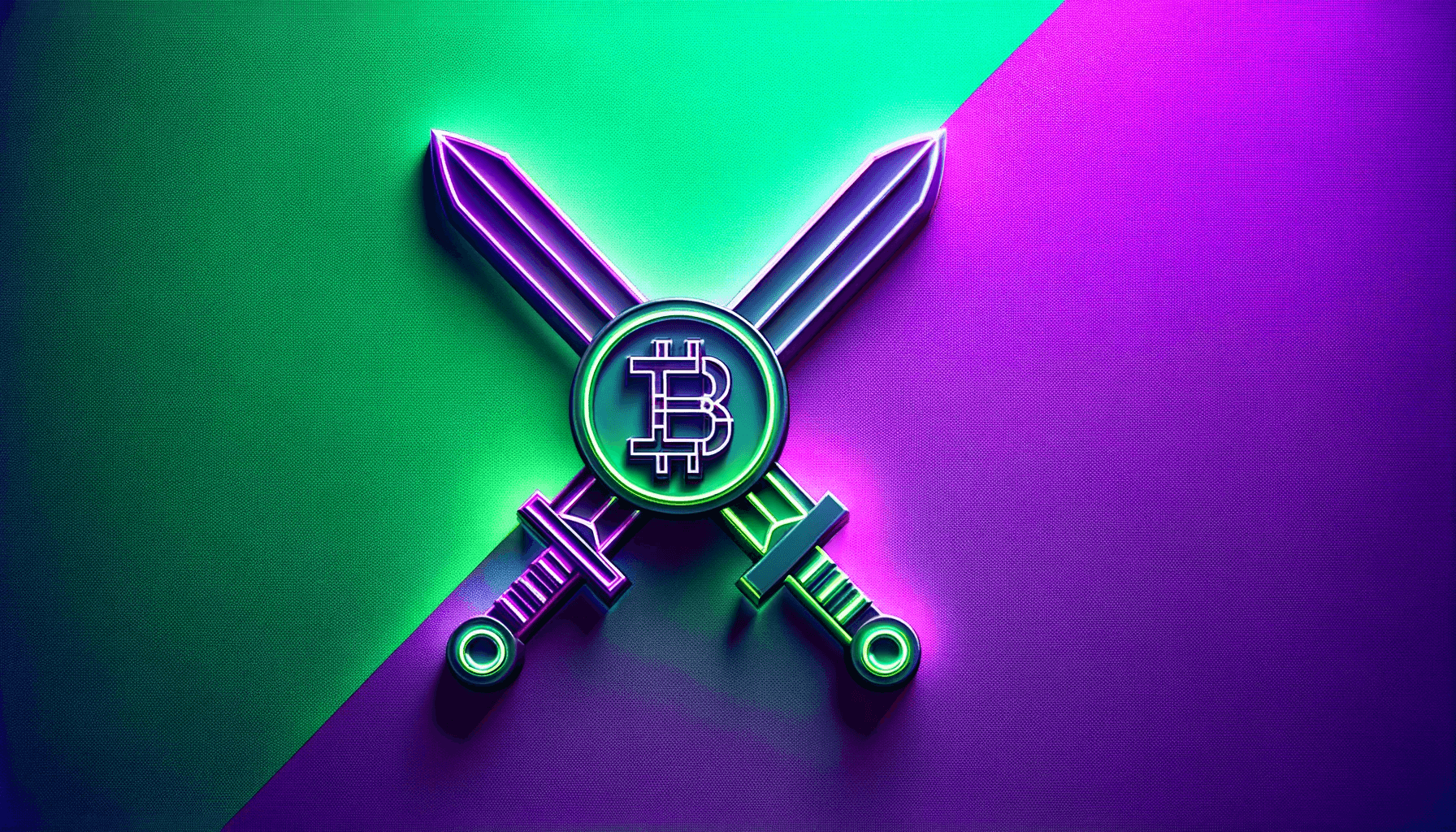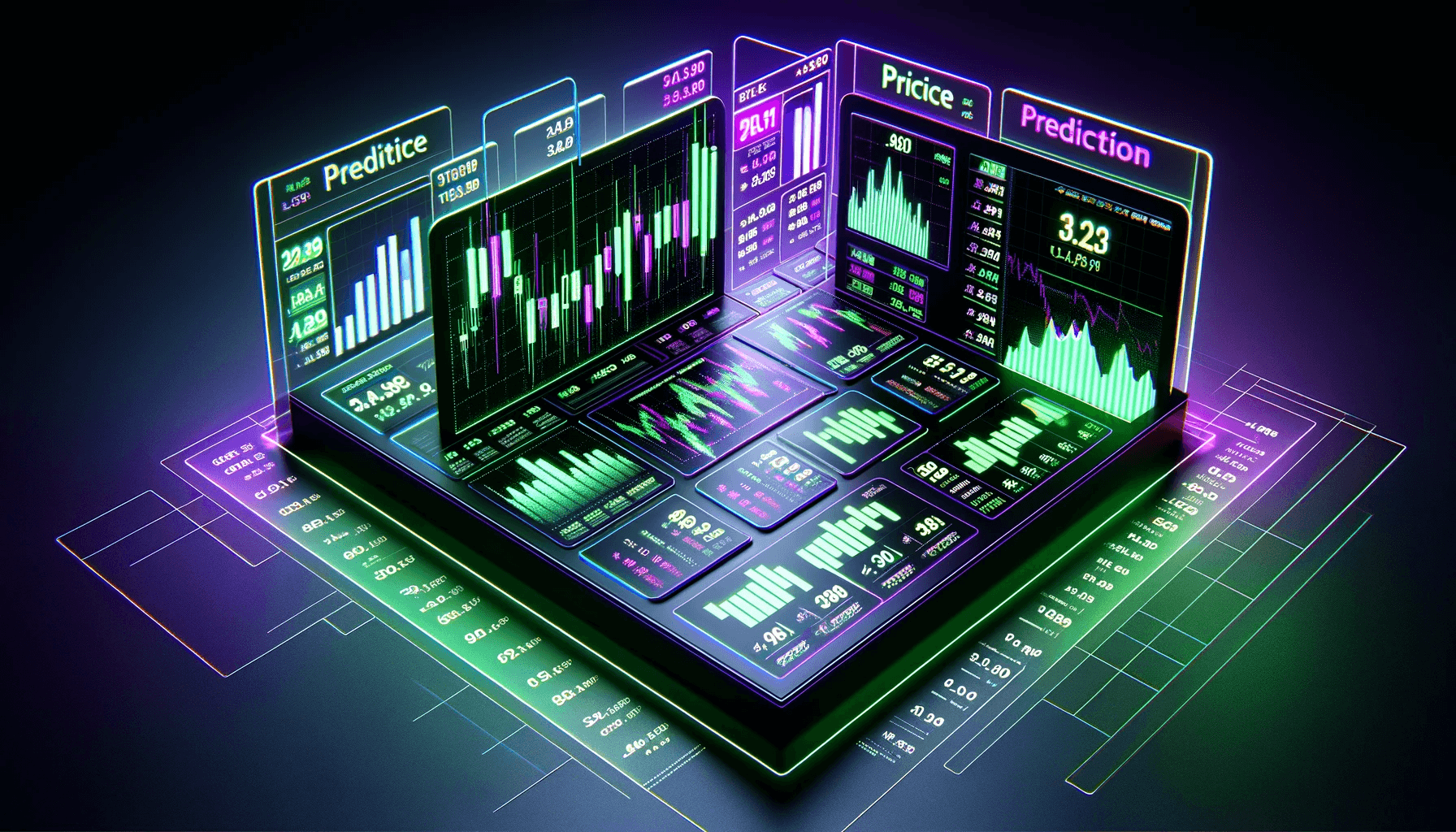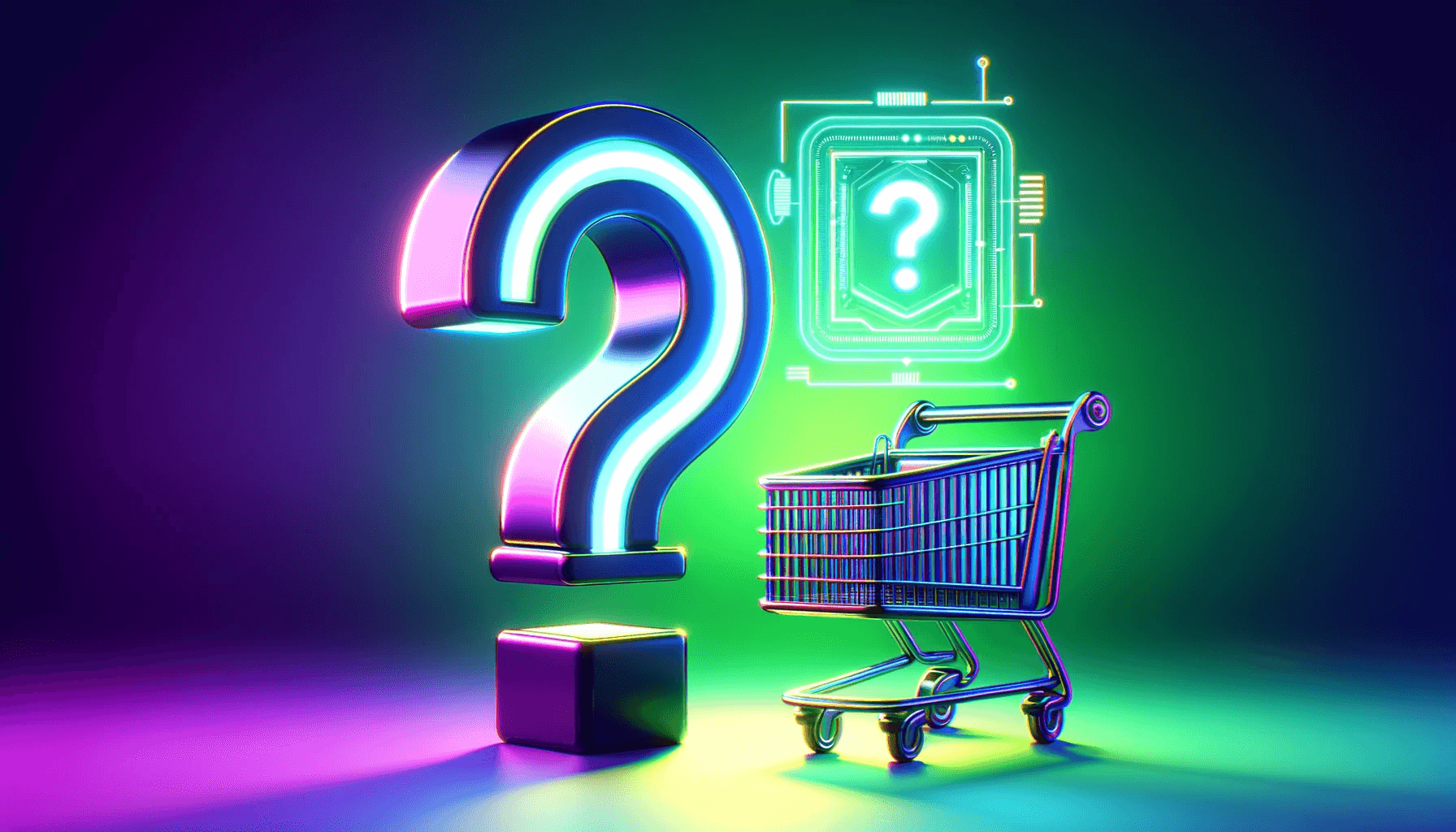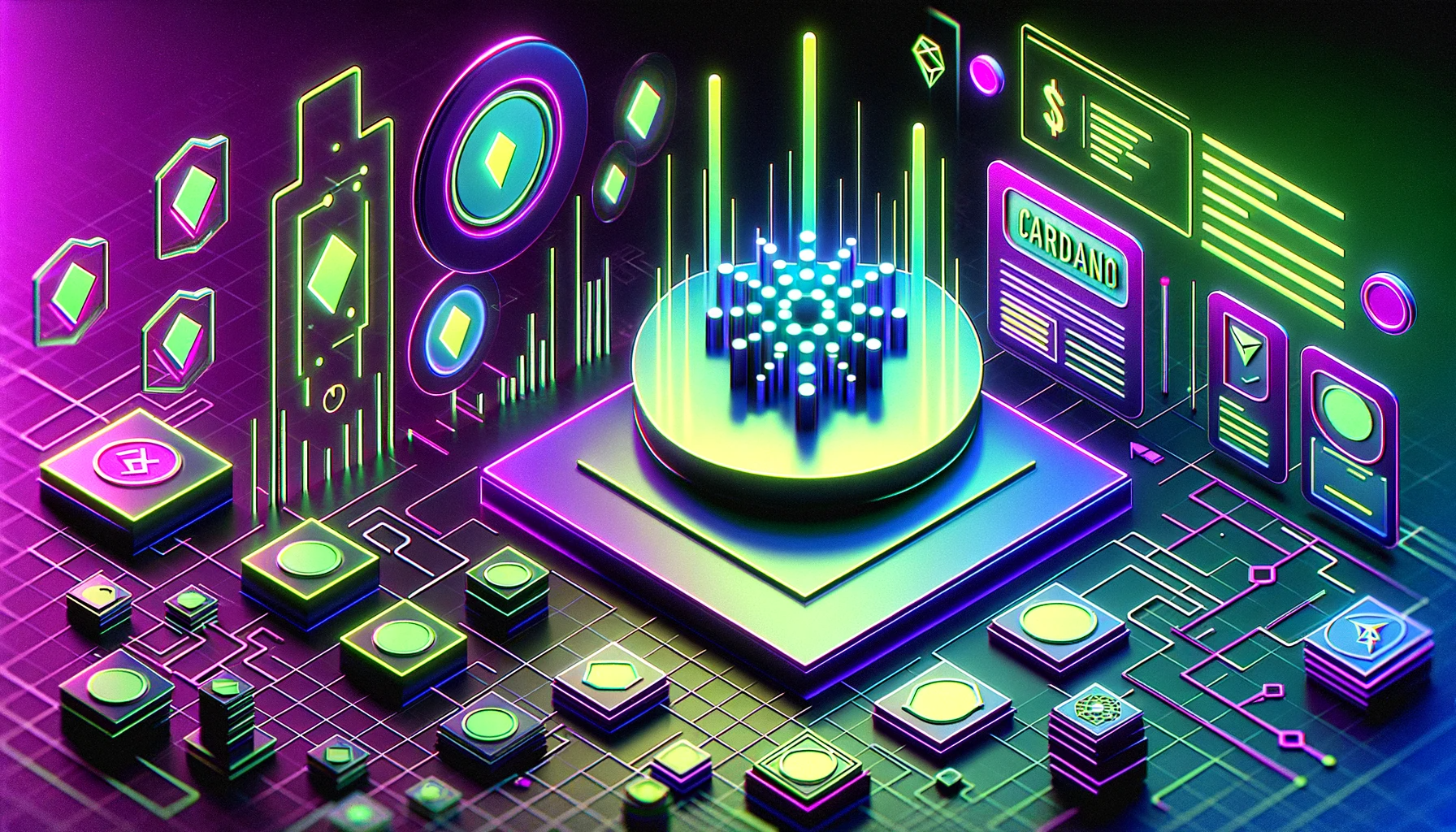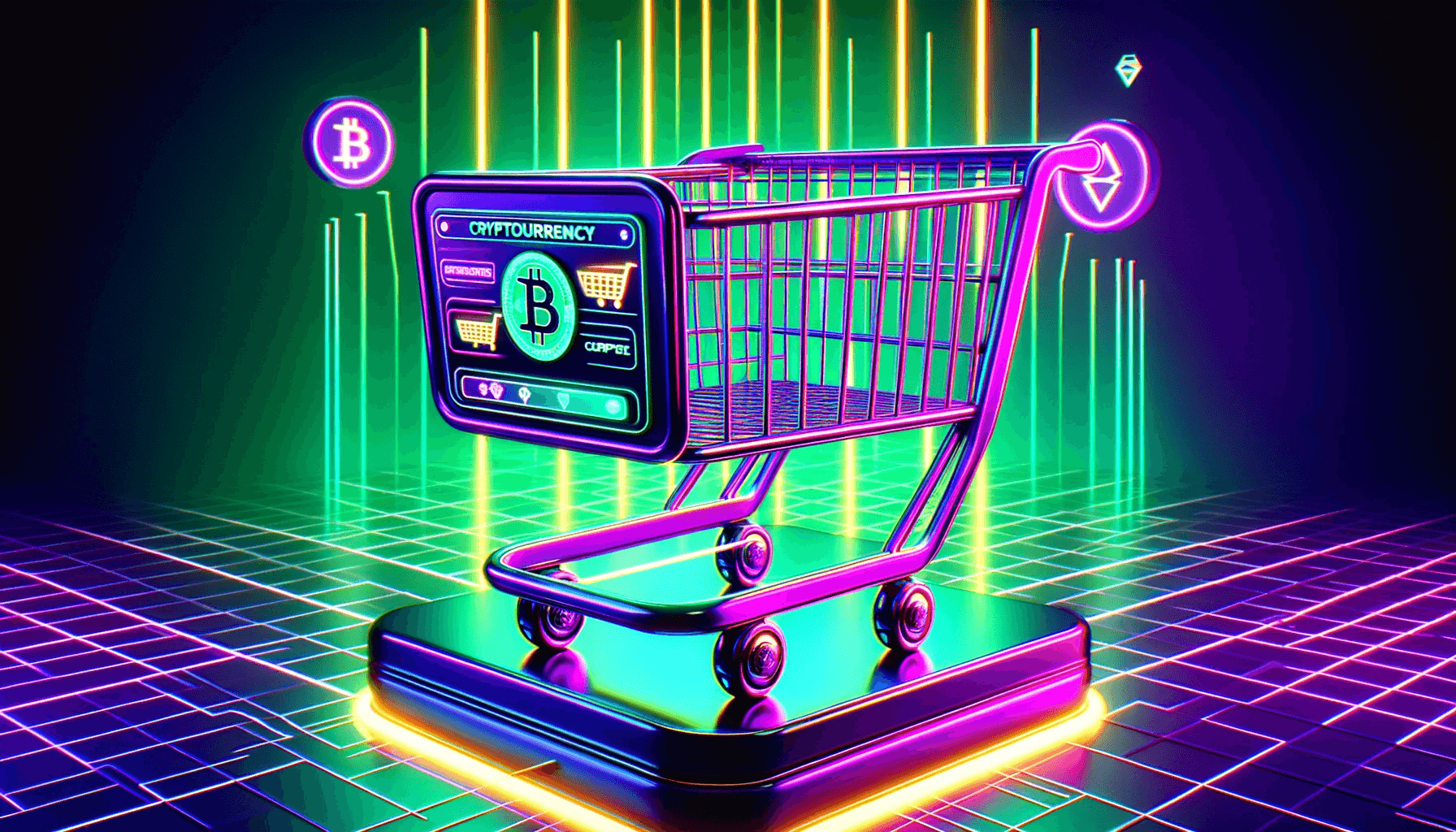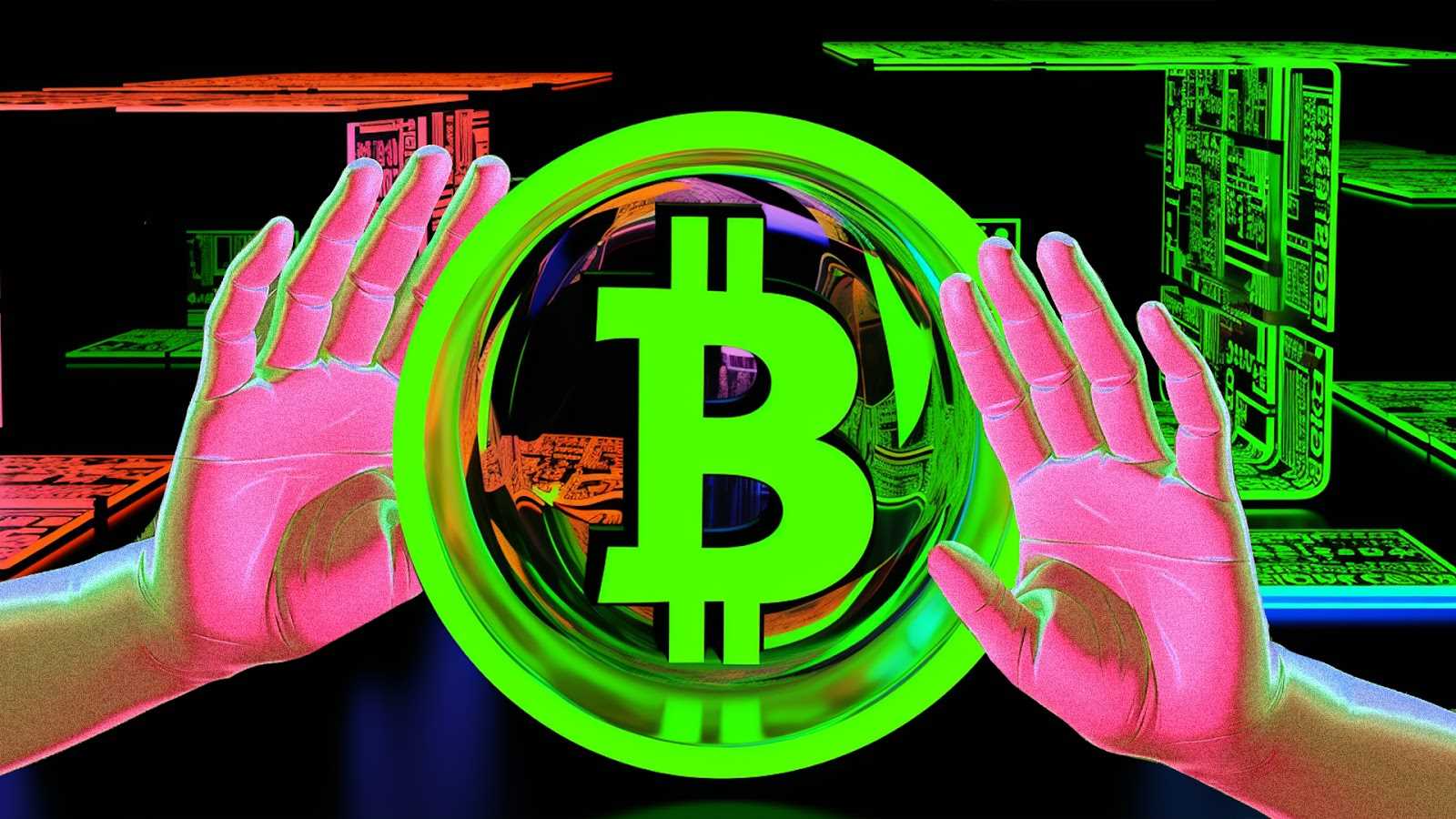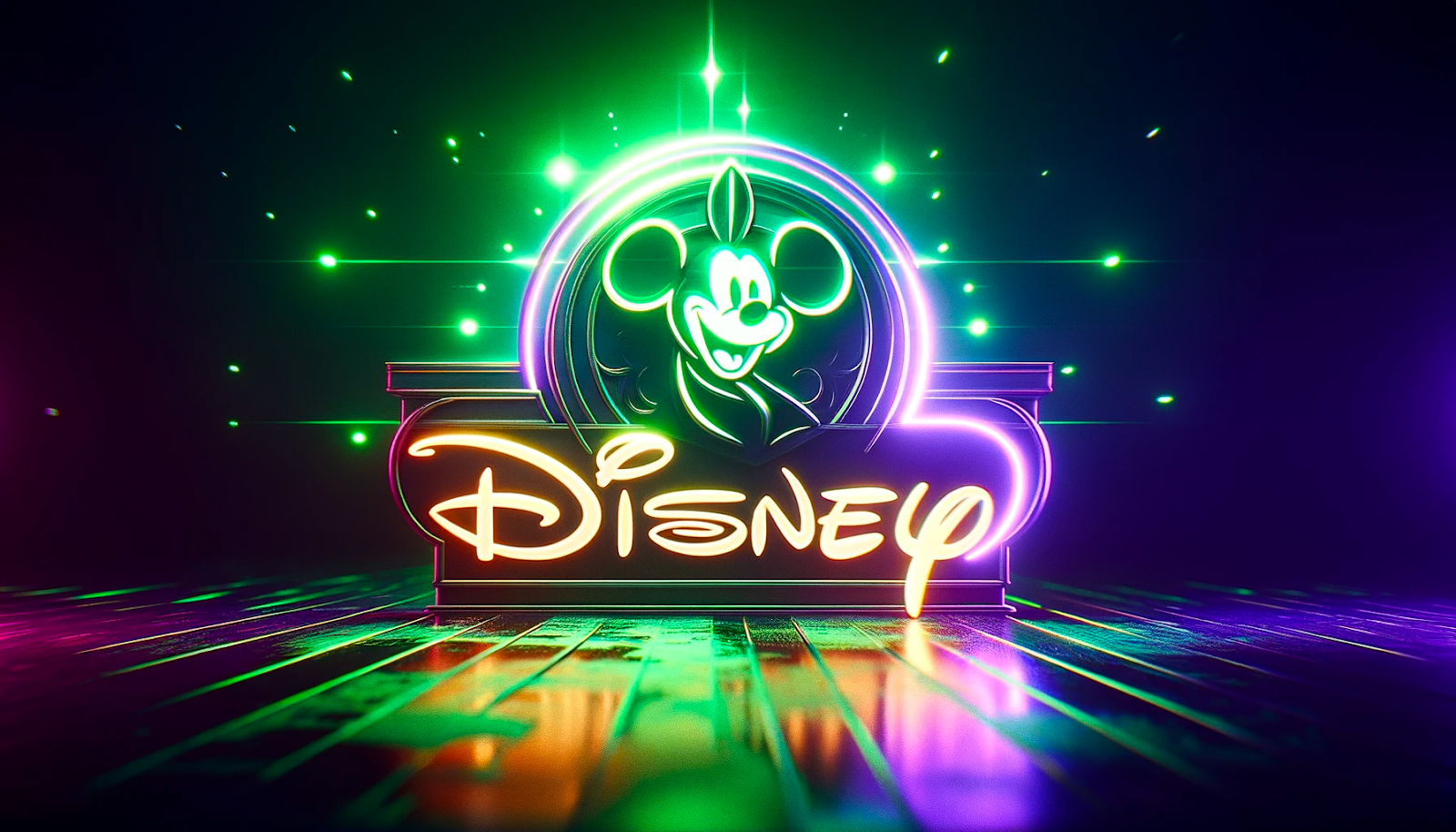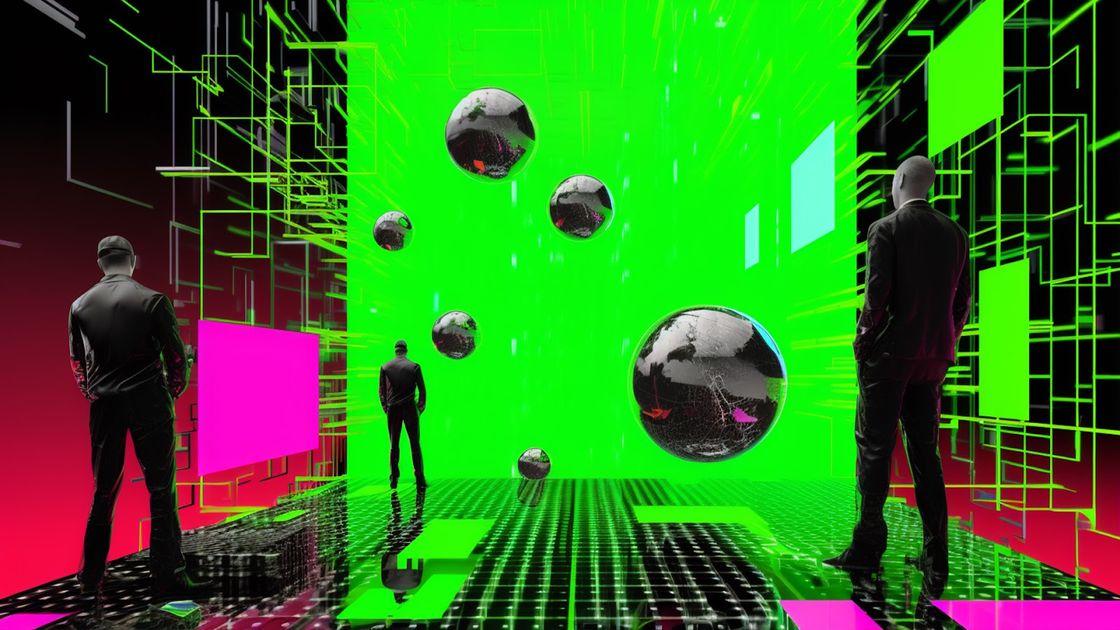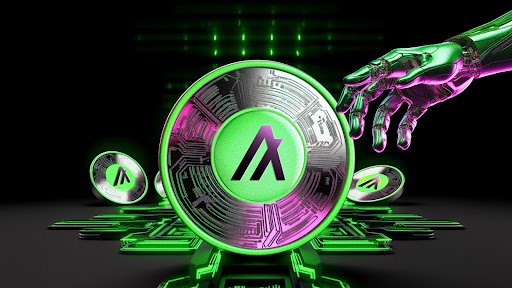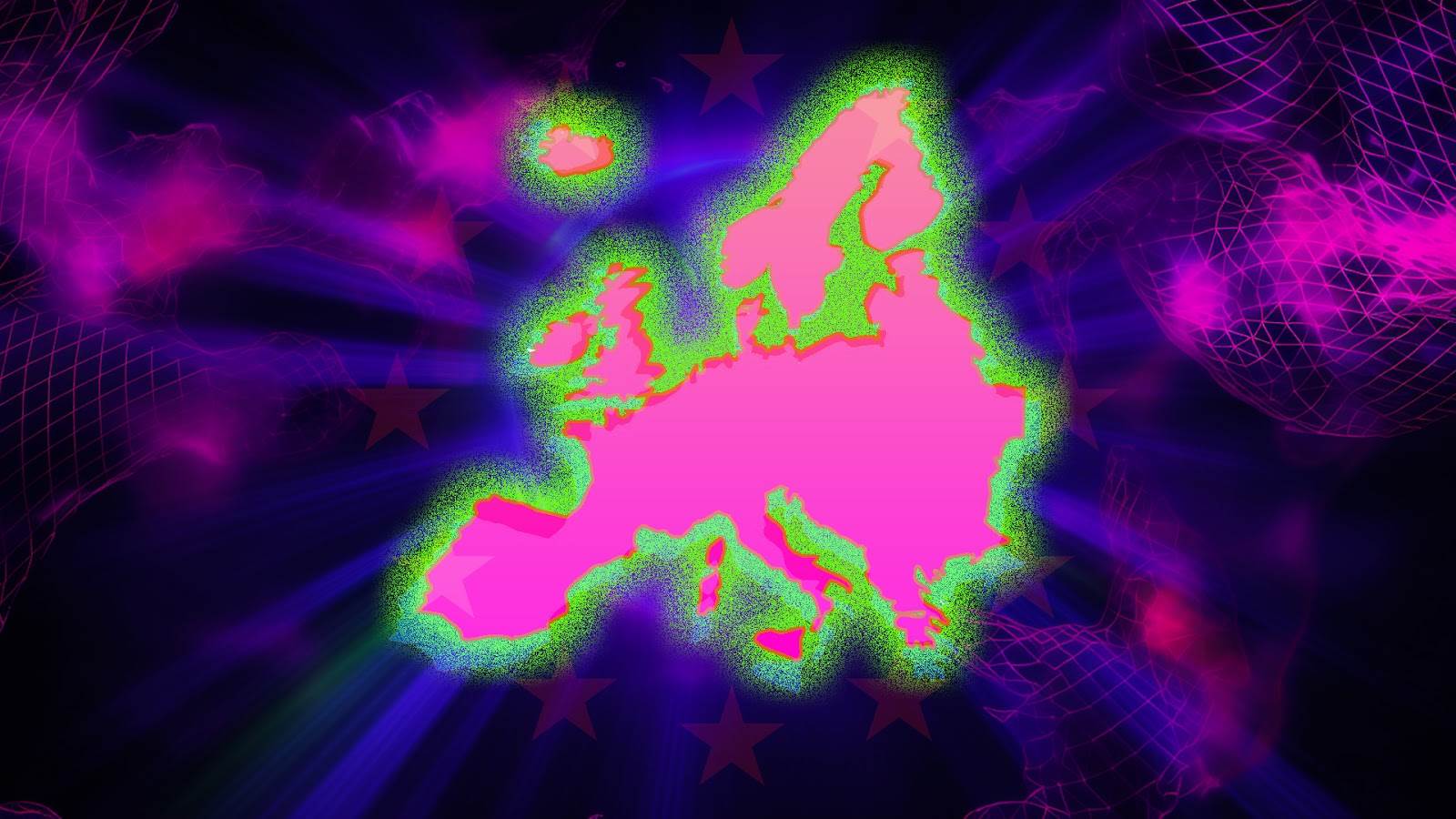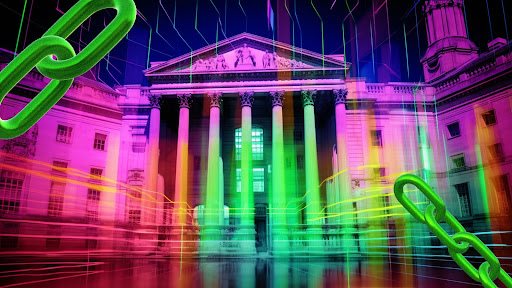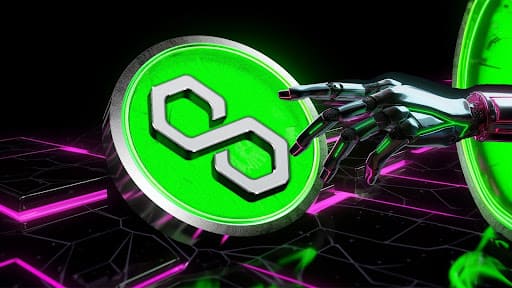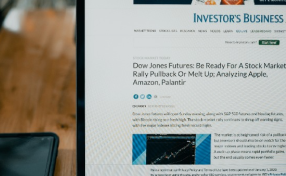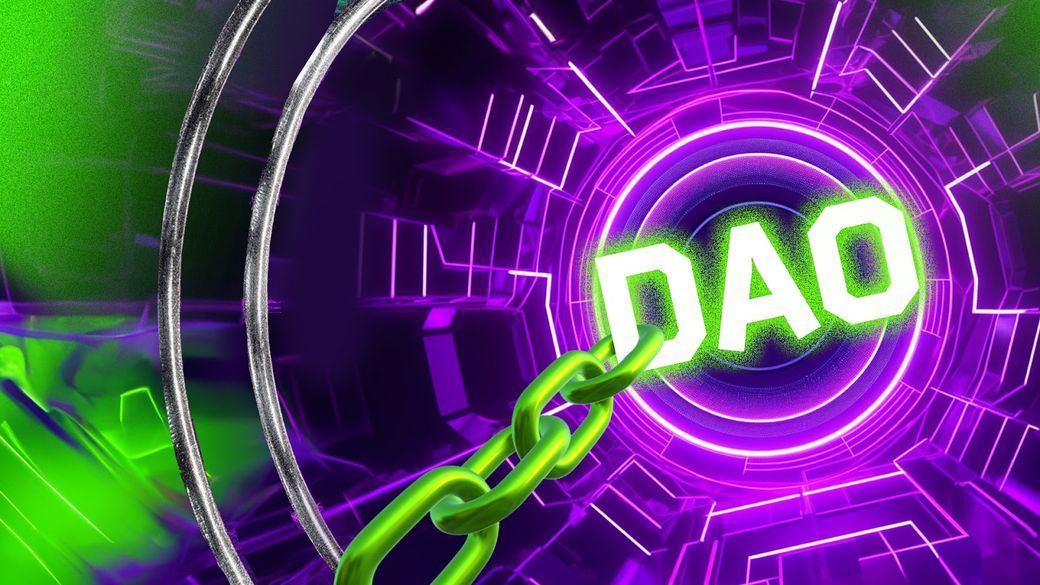
DAO Governance in Action: Case Studies of Community-Driven Success
Introduction
Decentralized Autonomous Organizations (DAOs) are revolutionizing blockchain technology and finance.
These community-driven entities operate through smart contracts, enabling members to collectively make decisions and manage funds.
In this blog, we present case studies of pioneering DAO governance that has impacted decentralized finance, blockchain protocols, and traditional businesses on the blockchain.
Join us as we delve into the world of DAO governance and examine their transformative role in various domains.
The Rise of DAO governance
DAOs mark a pivotal moment in blockchain's evolution.
They democratize decision-making and fund management, addressing trust and transparency issues inherent in centralized governance.
Democratizing Decision-Making:
DAOs enable active member participation in decision-making, with voting power tied to stakes.
Smart Contracts:
DAOs rely on self-executing smart contracts that automate functions, enhancing efficiency and reducing human errors.
Ethereum Ecosystem:
Ethereum, a primary platform for DAO governance, offers infrastructure and a developer-friendly environment.
In the next sections, we'll explore DAO case studies in DeFi, blockchain protocols, and traditional businesses, showcasing their industry-altering potential.
DeFi Dominance
Decentralized Finance (DeFi): The DeFi sector witnessed a significant transformation through the introduction of DAOs.
Let's delve deeper into how these DAOs have played a pivotal role in shaping the landscape of decentralized finance.
MakerDAO:
Overview:
MakerDAO is a trailblazer in the DeFi space, primarily focused on maintaining the stability of DAI, a decentralized stablecoin.
DAO Structure:
The governance of MakerDAO is in the hands of MKR token holders, with voting power directly proportional to the quantity of MKR tokens they possess.
Impact:
The stability of DAI has been paramount in offering users a reliable means of transacting in the crypto sphere, mitigating the inherent volatility of cryptocurrencies.
Curve DAO:
Overview:
Curve is renowned for providing efficient and low-slippage swaps among stablecoins within the DeFi ecosystem.
DAO Structure:
CRV token holders are integral to shaping the decision-making processes within the Curve DAO.
Impact:
Curve's platform has significantly improved the ease of stablecoin swaps and reduced associated fees, empowering DeFi users.
Uniswap:
Overview:
Uniswap has redefined the world of decentralized exchanges, introducing an automated market maker model.
DAO Structure:
UNI token holders actively participate in guiding protocol upgrades and changes.
Impact:
Uniswap's innovative approach has resulted in enhanced liquidity and accessibility for traders and liquidity providers alike.
In the following section, we'll shift our focus to DAOs operating within blockchain protocols, showcasing their influence and contributions.
Advancing Blockchain Protocols
Blockchain Protocol DAOs:
These DAOs are at the forefront of advancing blockchain technology, influencing the development of protocols that underpin the entire ecosystem.
Ethereum Improvement Proposal (EIP) Process:
Overview:
Ethereum, the pioneer of smart contract platforms, relies on its robust governance system.
DAO Structure:
Ethereum's network upgrades are proposed and decided upon through a community-driven process, akin to a DAO.
Impact:
This decentralized approach ensures that Ethereum remains adaptive and can address scalability and security concerns effectively.
Tezos:
Overview:
Tezos aims to create a self-amending blockchain, allowing for seamless protocol upgrades.
DAO Structure:
XTZ token holders are pivotal in voting on proposed protocol amendments.
Impact:
Tezos' self-amendment mechanism fosters innovation and prevents network forks, enhancing long-term stability.
Polkadot:
Overview:
Polkadot's unique multi-chain ecosystem promotes interoperability and scalability.
DAO Structure:
DOT token holders participate in governance, shaping the direction of the Polkadot network.
Impact:
Polkadot's modular and interconnected design sets the stage for a more collaborative and scalable blockchain ecosystem.
In the subsequent section, we'll explore how DAOs are not limited to the realm of blockchain but extend their influence to diverse sectors, including traditional businesses.
Transforming Traditional Businesses
DAOs Beyond Blockchain:
DAOs have transcended their origins in the blockchain space, impacting traditional businesses and demonstrating the versatility of their decentralized governance.
Constitution DAO:
Overview:
Constitution DAO made headlines by attempting to purchase a rare private copy of the US Constitution.
DAO Structure:
Token holders participated in decision-making, contributing to the fund for the purchase.
Impact:
Although the bid failed, Constitution DAO showcased the potential of decentralized crowdfunding for real-world assets and philanthropic endeavors.
MetaCartel Ventures:
Overview:
MetaCartel Ventures operates as a venture capital fund, funding early-stage dApps and blockchain projects.
DAO Structure:
DAO members collectively decide on investment strategies and projects to support.
Impact:
This DAO has accelerated innovation in the blockchain space by funding promising projects, fostering growth, and expanding the ecosystem.
Bored Ape Yacht Club (BAYC):
Overview:
BAYC is a social DAO that offers membership in an exclusive club, driven by NFT ownership.
DAO Structure:
Owning a BAYC NFT grants membership and voting rights within the club's governance.
Impact:
BAYC has created a vibrant community of NFT collectors and celebrities, demonstrating the potential for social DAOs in the NFT and cultural space.
Final Insights:
These real-world examples illustrate the transformative potential of DAO governance, not limited to blockchain technology but extending to traditional businesses, culture, and philanthropy.
The decentralized and democratic nature of DAOs empowers communities to make collective decisions, allocate resources, and drive innovation, revolutionizing the way organizations operate.
The Ongoing Evolution of DAOs
DAOs on the Horizon:
As we delve deeper into the landscape of decentralized autonomous organizations, it's evident that they continue to evolve, adapting to new challenges and opportunities.
Future Governance Models:
Liquid Democracy:
Some DAOs are exploring liquid democracy, a system that allows members to delegate their votes to experts in specific areas, increasing efficiency and expertise in decision-making.
Layered DAOs:
Complex organizations are experimenting with layered DAO structures, where DAOs can become members of larger DAOs, creating a hierarchy of governance.
DAO Sustainability:
Treasury Diversification:
DAOs are becoming more sophisticated in managing their treasuries, exploring diverse investment strategies to ensure long-term sustainability.
Incentive Mechanisms:
Innovations in incentive mechanisms are aligning member interests with the DAO's objectives, promoting active participation and engagement.
Cross-DAO Collaboration:
Interoperability:
DAOs are collaborating across blockchain networks, enabling cross-DAO interactions and shared resources.
DAO Alliances:
Alliances of DAOs are forming, allowing them to pool resources and address global challenges collectively.
The Impact of Metaverse DAOs:
Virtual Economies:
DAOs are poised to play a pivotal role in shaping virtual economies within metaverse platforms.
Metaverse Governance:
Decentralized governance models will extend into metaverse ecosystems, giving users greater control.
Regulatory Challenges:
Legal Frameworks:
DAOs are actively engaging with regulators to establish legal frameworks that ensure compliance while preserving their decentralized nature.
Transparency and Accountability:
Efforts to enhance transparency and accountability will be crucial to gain regulatory acceptance.
Conclusion
In conclusion, DAOs are transformative entities within the blockchain ecosystem.
From MakerDAO's lending innovations to Constitution DAO's crowdfunding, they've demonstrated their fundraising prowess.
Protocol DAOs like Uniswap and Aave offer decentralized governance for exchanges and lending.
Metaverse platforms and NFT-based investing, as shown by Decentraland and HeadDAO, represent the future of decentralized decision-making and asset ownership.
Social DAOs, exemplified by Bored Ape Yacht Club, create exclusive communities.
Grants DAOs like Uniswap Grants and Moloch drive DeFi innovation.
Challenges exist, but DAO governance is a catalyst for change, fostering collaboration and decentralization.
Want More Cutting-Edge Crypto News?
Follow Us: X TikTok Instagram Telegram LinkedIn
Sign up to our newsletter at the bottom of the page
Check Out Our Top 10 Crypto Currencies of 2023
This article is intended for educational purposes and is not financial advice.


